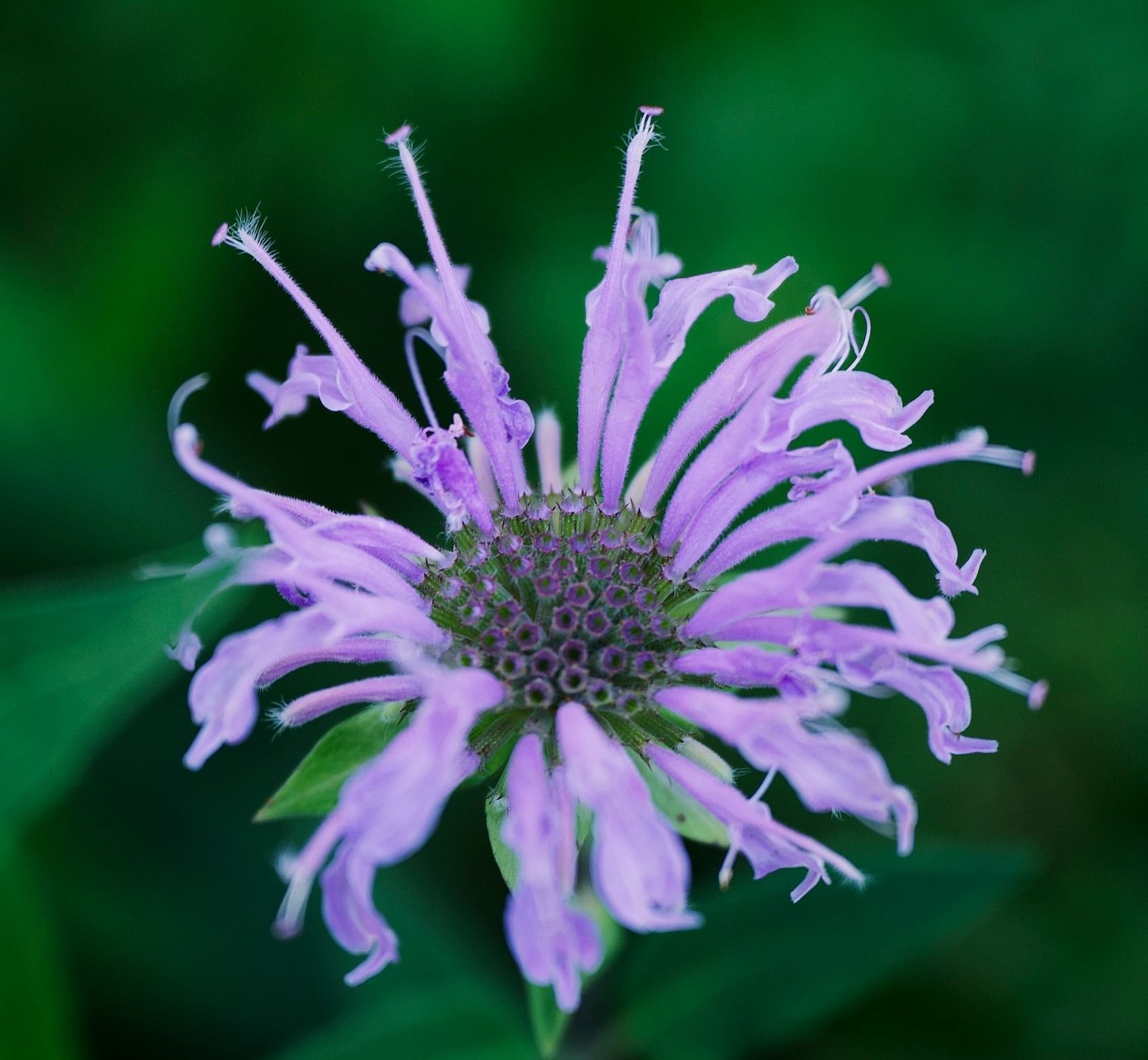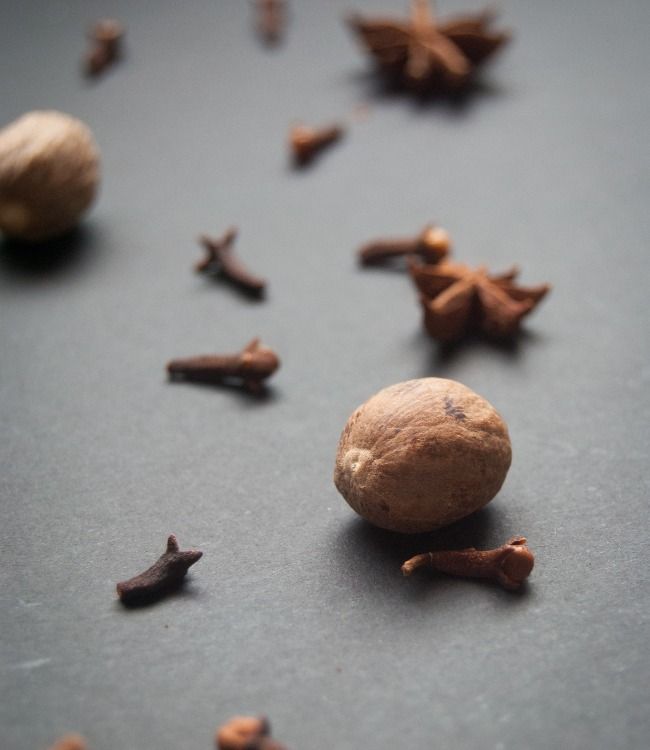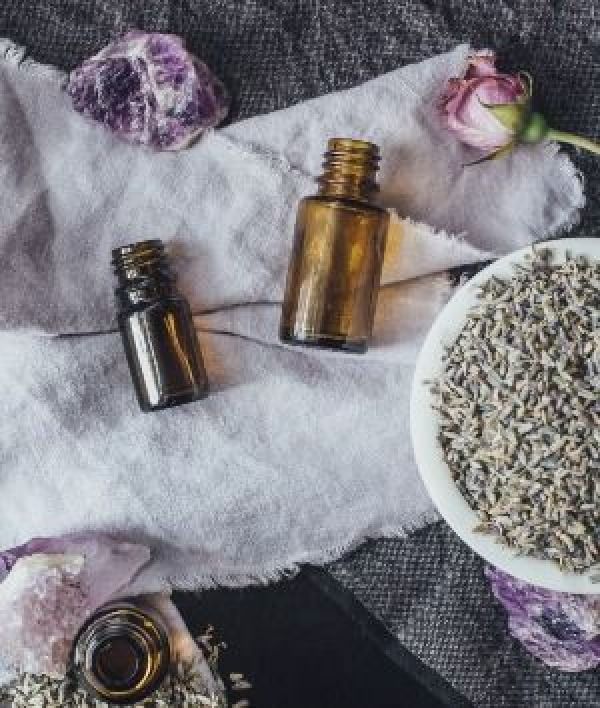The Power of Nature: 22 Essential Oils for Acne

Essential oils have long been used for their healing powers, especially with skin conditions such as acne.
Acne is a skin condition that can be treated and managed using essential oils. These oils offer natural and safe health benefits to prevent acne while providing other benefits to the skin.
In this blog post, we will look at the key benefits of effective essential oils, the different types available, and how to use them safely to improve the skin and overall health.
This article is designed to be educational and informative. Please note that it is not intended to replace professional medical advice.
Essential Oils that Treat Acne
To treat acne with pure form plant extracts for acne has many benefits over traditional skin care products to treat acne. They provide soothing relief to the skin and is a cost-efficient alternative that you can make them in the comfort of your own home.
But before you purchase it for acne treatment, be sure to research which oils can best address your acne problem or consult with your dermatologist. We have several essential oils showcasing the best options for treating acne.
Bergamot oil
This powerful oil is renowned for lifting moods, but also offers a natural solution for oily skin and acne. This essential oil contains natural antibacterial properties that can help combat the growth of acne-causing bacteria.

It also acts as an astringent, which may assist in controlling excessive oil production and minimizing pore congestion, helping to prevent breakouts. Bergamot oil's soothing and calming qualities can help reduce skin inflammation, redness, and irritation often associated with acne. However, i
How to use
It's crucial to dilute essential oils properly and exercise caution when using them on the skin to avoid potential sensitivity or photosensitivity concerns, as Bergamot oil can make the skin more sensitive to the sun. Embrace the fresh, zesty fragrance of Bergamot oil and say goodbye to acne and dull skin!
Cedarwood Essential Oil
Restore your skin to its natural, beautiful complexion with cedar essential oils! This natural essential oil possesses antimicrobial properties that can help combat acne-causing bacteria. Its astringent qualities may assist in reducing excess oil production and unclogging pores, thus preventing breakouts. Cedar oil's anti-inflammatory characteristics might aid in soothing skin inflammation and redness often associated with acne.
How to use
A few drops of cedarwood oil blended with your favorite face cream or carrier oil can help reveal your glowing, radiant skin.
Just add 5 drops of cedarwood to 4 oz of witch hazel or water and let the calming, soothing aroma take you away to your favorite spa!
Chamomile Essential Oil
Experience the soothing power of essential oils for any flare-ups and acne-prone complexions. Chamomile oil's anti-inflammatory and soothing properties can help alleviate redness and irritation associated with acne-prone skin. Its gentle nature makes it suitable for individuals with sensitive skin, providing a calming effect for a clearer complexion.
How to use
Enjoy the anti-inflammatory benefits diluted with a carrier oil to deeply cleanse and moisturize skin for clear, smooth complexion.
Cinnamon Essential Oils
Cinnamon oil is an amazing antioxidant and anti-inflammatory treatment for pimples and cysts. In fact, some studies have indicated that cinnamon oil face washes are just as, if not more, effective than benzoyl peroxide.
How to use
For facial use, dilute before applying it for pimples, cysts or other skin irritation.
Add a few drops to your bath and you'll be enjoying a soothing soak while treating your skin at the same time!
Clary Sage Essential Oils
The clary sage oils contain linalyl acetate and geranyl compounds works together with the plant oils to help regulate sebum secretion, reducing the appearance of acne and wrinkles.
How to use
Use the handy dropper with this clary sage oil to measure out some drops to apply directly to your face and quickly reduce the signs of pimples and the appearance of wrinkles!
Clove Bud Essential Oil
With its antimicrobial properties which destroys acne causing bacteria, this oil soothes itchiness and redness, making it perfect for use on itchy patches of skin. The warmth and spice of clove buds oil relaxes anxious feelings.

How to use
Simply mix with a carrier oil and apply to the affected areas for fast relief.
Coriander Essential Oil
The amazing coriander oil has anti-inflammatory properties for fighting acne! Its potent compounds offer incredible antibacterial, antimicrobial and antifungal skin treatment.
How to use
Massage two drops of the oil into your skin three times daily diluted or applied directly to the affected area; Mix 1-2 drops of coriander oil in a cup of aloe vera extract and apply it to your face twice daily.
Frankincense Oil
This oil exhibits powerful anti-inflammatory properties, which help reduce redness and swelling in the skin. It also has antibacterial properties that kill the bacteria that cause acne.
How to use
You can use Frankincense oil in a few different ways: add 2-3 drops of the oil to your favorite moisturizer, use it on its own as a facial mask, or even apply it directly to any existing blemishes.
Geranium Oil
Geranium oil's concentrated extract is anti-inflammatory, reducing redness and inflammation on your skin. Its natural antibacterial properties can help combat acne-causing bacteria, potentially reducing breakouts. This essential oil also offers astringent qualities, which may assist in regulating oil production and reducing the appearance of pores, promoting a clearer complexion.
How to use
As with any essential oil, it should be used cautiously and properly diluted when applied to the skin. It does come with a strong Geranium scent, but once diluted with other carrier oils (like coconut or olive oil) its scent dissipates. Apply to the face and leave on for it to take effect.
Helichrysum Oil
Helichrysum is an amazing powerhouse for its restorative properties to the skin, helping to prevent signs of aging, reduce the appearance of blemishes, wrinkles and sagging skin. It has an astringent and anti-inflammatory effect that helps reduce the redness and swelling associated with breakouts and heal scars.
How to use
Once diluted with a carrier oil and ready for use, you can apply directly to acne prone skin .
Rosemary Oil
Rosemary oil soothes, hydrates and rejuvenates the skin. Add Rosemary oil in your regular skincare routine and have a naturally supple and youthful skin. Will help to calm sensitive skin, revive youthfulness and eradicate breakouts!
How to use
For any topical application, always dilute rosemary oil with carrier oil, lotions or cream.
Lavender Oil
Lavender oil is a favorite essential oil with mild astringent that reduces inflammation to help reduce acne breakouts and fade acne scars.

It also has antibacterial properties and helps to balance your skin's pH levels. Lavender oil moisturizes skin and is the best for treating cystic acne. Its pleasant fragrance provides a soothing experience when used to alleviate body aches.
How to use
Lavender is the most one of the most common essential oils and safe to use on your skin but best when diluted with carrier oils before applying it directly to your skin.
Lemon Essential Oil
It's among the most powerful, natural antibacterial agents, so you can use it to treat acne and other skin infections. Lemon oil also helps regenerate skin cells for faster results.
How to use
To use for acne, just add 1-2 drops of lemon oil to jojoba oil, then apply to affected areas. Dilute it with water and use it as a toner after cleansing your face at night! Mix Lemongrass oil and Lemon oil to nourish your hair and scalp.
If you suffer from sensitive skin, try diluting by adding more carrier oil or water. Lemon oil should be used at a low dilution rate (less than 2%) because it can cause phototoxicity (increased sensitivity to sunlight).
Manuka Essential Oil
Manuka oil can be used as a spot treatment or mixed it into your moisturizer to help keep your skin clear. Manuka oil's antibacterial properties fight off pimples and breakouts. Its great to soothe sensitive skin, inflammation and acne breakouts for blemish-free skin.
How to use
Apply a directly to affected areas using a cotton swab or cotton ball. Reapply as needed throughout the day.
Neroli Essential Oil
Experience the nourishing antimicrobial properties of Neroli oil and combine it with other oils to balance the sebum production of your skin. Remember, less sebum production causes less oily skin conditions.
How to use
Use undiluted for your dry skin. When combined with other oils such as lemongrass oil, it creates a potent blend to treat acne.
Oregano Oil
Oregano oil as a spot treatment is an effective way to conquer pimples and guard against future breakouts. Research has determined that oregano oil has the most powerful antimicrobial activity against acne-causing bacteria, making it a must-have for acne skin-care.
How to use
Use a handy dropper to measure out 2-3 drops and apply directly to the skin or diluted if you have not used it before.
Peppermint Essential Oil
Experience the powerful, invigorating effects of Peppermint oil! The cooling sensation provided by menthol creates an uplifting and calming feeling to soothe discomfort caused by inflamed spots.
How to use
Mix the antiseptic Peppermint oil with a carrier oil for topical application.
Peppermint oil is generally safe, although it is necessary to dilute it for less strength. Try fractionated coconut or almond oil to soothe and dry out acne breakout.
Rose Essential Oil
Experience the beauty and rejuvenation of rose oil for skin breakouts! Rich in restoring moisture and youth to dry skin and areas showing signs of ageing. Indulge in the luxurious beauty of rose oil as it becomes your skincare ally, helping to rejuvenate and transform your skin, especially in the battle against troublesome breakouts.

The delicate, floral essence of rose oil is not only a treat for your senses but also a soothing remedy for your complexion, offering a natural solution to alleviate the discomfort of acne and enhance the overall health and radiance of your skin.
How to use
Simply add 2 drops of rose oil for use on pimples. Bring a beautiful, radiant glow to your makeup look by crafting a refreshing rose water spritzer. Use distilled water.
Sandalwood Essential Oil
Rejuvenate your skin with a burst of hydration! Replenish your dry, uneven skin with calming sandalwood oil paired with another oil, and watch as skin imperfections caused by acne are healed.
How to use
Brighten your complexion with just 3 drops. A nourishing mix to keep your complexions clear, dewy and hydrated.
Tea Tree Oil
Tea tree oil is considered considered one of the most effective essential oils for acne. It eradicates bacteria and reduces inflammation, which can help reduce the size of pimples and remove dead skin cells. It is also a fast-acting remedy.
How to use
Refresh and rejuvenate your complexion with tea tree oil as an effective cleanser for excess oil in clogged pores that can cause further irritation.
For an extra boost, combine tea tree oil with aloe vera and honey to create an indulgent face mask!
Thyme Essential Oil
Thyme oil is a fantastic natural remedy to pamper your skin and maintain a consistently clear and fresh complexion, especially when dealing with oily skin. This aromatic essential oil offers a unique combination of cleansing and anti-acne properties that go beyond surface-level benefits.
By diligently using thyme oil, you can effectively eliminate impurities, unclog pores, and reduce excess oil production, all of which play pivotal roles in the prevention of future breakouts. The oil's potent antibacterial and anti-inflammatory characteristics work in synergy to keep your skin clean, healthy, and beautifully radiant.
How to use
2-3 drops of thyme oil combined with a carrier oil applied to your face for clear and calm skin. You can also use thyme oil to make body oil, foot spray or use as an outdoor spray. Combine two drops of thyme oil with witch hazel as a spray.
Ylang Ylang Essential Oil
Discover the balancing effects of Ylang Ylang oil on your skin to help inhibit pigmentation, fade acne scars and treat acne. Plus, it's great for removing makeup which might aggravate skin and can make your irritated skin and acne worse.
How to use
Dilute one drop of oil in eight teaspoons of water, then apply it to your skin using a cotton ball. Add two drops of tea tree oil to a capsule with almond or jojoba oil for smoother skin.
Dilute Essential Oils with Carrier Oil
Here's a list of carrier oils that work best to dilute your acne treatment essential oils:
• Argan oil: Contains linoleic acid, which helps reduce inflammation, redness, and swelling in your skin. Keeps your skin moisturized, preventing the dryness that causes breakouts.
• Coconut oil: Coconut oil is naturally high in fatty acids that help heal damaged cells in your body, amazing for treating acne-prone skin. The antioxidants in this oil also protect against environmental damage caused by pollution or UV rays from the sun.
• Jojoba oil: This oil contains vitamins A, E, and B5, which help moisturize your skin while fighting off bacteria that cause acne. It also contains omega-6 fatty acids, which help reduce inflammation and redness on your face. This oil also prevents dryness, leading to clogged pores or blackheads caused by overactive sebaceous glands under the skin's surface.
• Almond oil: Almond oil is excellent for oily skin because it helps balance the natural oils in your skin and keeps them from getting too out of whack.
Final Thoughts
Resources like this list of the best essential oils for treating acne guide you on which essential oils will work for your skin.
This article aims to point out some of the best essential oils for acne, but you don't have to rely on our word for it - try them out for yourself !
FAQs
We answer your pressing questions
Do essential oils expire?
Essential changes over time and is best to use only the freshest oils for maximum therapeutic benefits!
Should you refrigerate essential oils?
The power of essential oils is timeless, and when stored correctly in the refrigerator, they can be enjoyed for many years to come!
Why are essential oils kept in dark bottles?
The therapeutic power of essential oils can be preserved for the longest possible time when stored in amber or dark bottles.
References
Aromatherapy, botanicals, and essential oils in acne. Volume 36, Issue 3, May–June 2018, Pages 299-305. https://www.sciencedirect.com/science/article/abs/pii/S0738081X18300403. Accessed 5/11/2023




